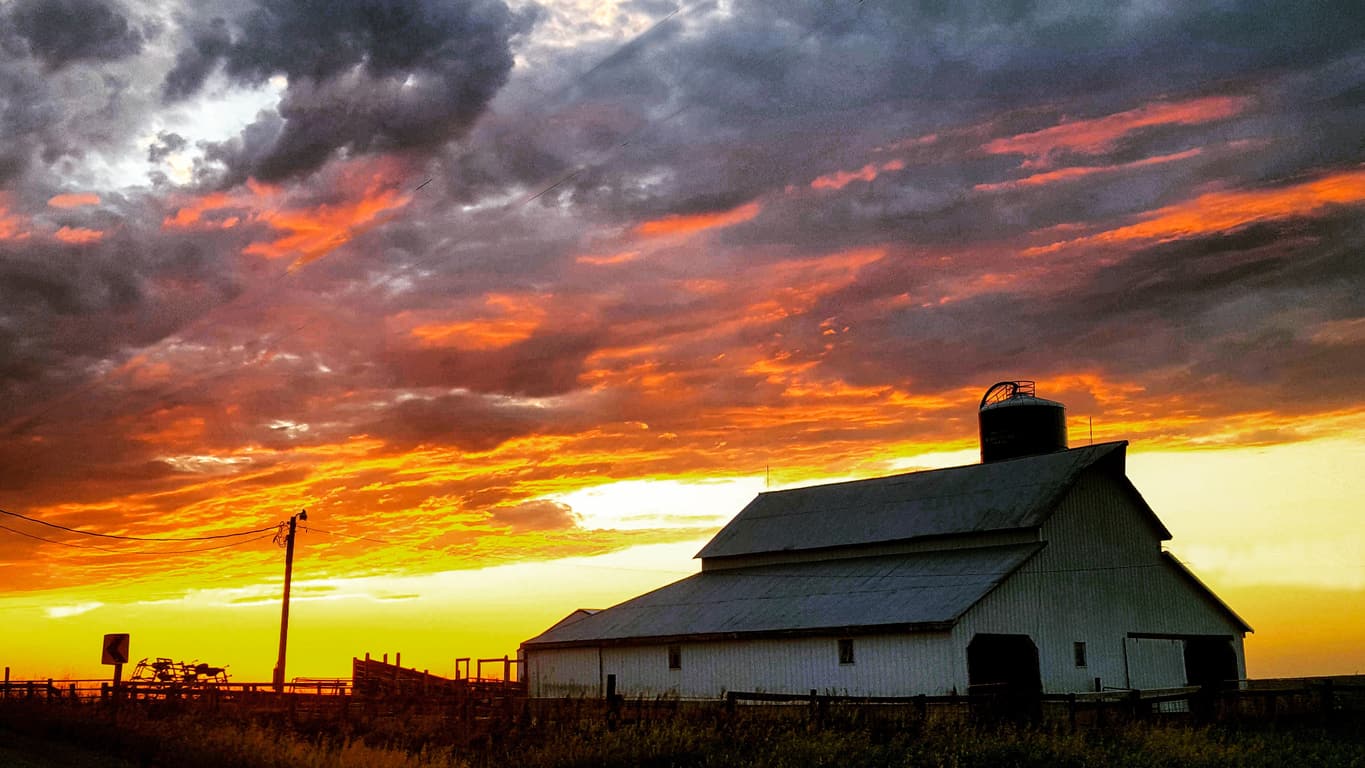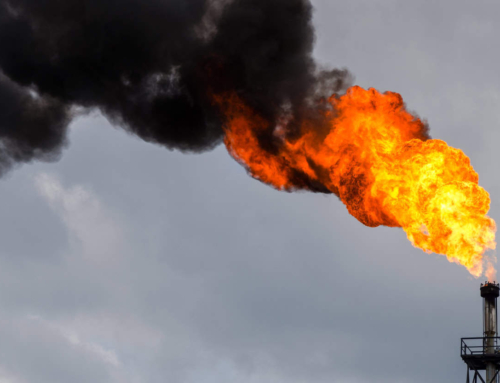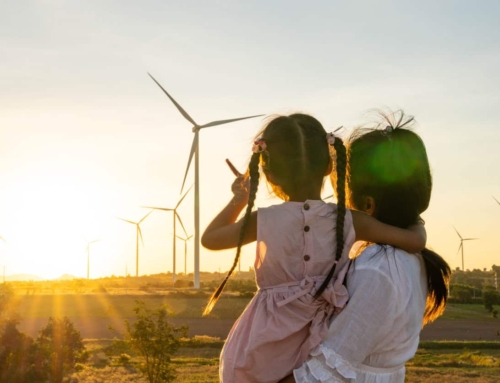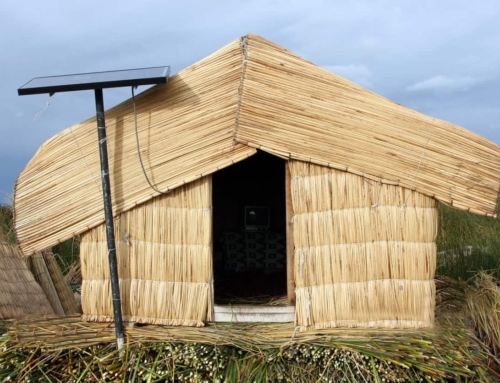… And What We Can Do About It.
The election is over. We didn’t get shellacked as bad as we thought. We took a few state houses. Many political and climate leaders are calling it a victory. So we feel pretty good about our efforts. Even though we know that the next election is on the horizon, we are taking a well-deserved breath and short break, except here in Georgia.
This post isn’t a plea to now return to focus on 2024. It is an appeal to forget about 2024 entirely, and change our strategy and tactics. Let me explain.
Climate and politics are unfortunately connected in this country because we have one of the few parties in the world that denies the climate crisis and delays any action: the MAGA Republican party. So, of course, any climate and environmental organization is going to focus on elections.
Elections come and go with strange regularity. We need to find good candidates, raise money, door knock, and GOTV. But here is a high level assessment of where we really are.
- We lost the election. Calling it a victory is sort of like calling Dunkirk a victory. We lost the House, and the MAGAnuts are likely to cause havoc with the IRA and anything to do with climate and clean energy.
- Climate wasn’t an issue in the campaign. We always hope it will be, but it never seems to break the surface. Sure we had a few more youth voters and a few more people said they supported climate action, but not enough. The fact is that climate is just not on the list and as an election issue, is as polarizing as abortion and guns.
- Many red areas got redder, rather than purple.
Even though the IRA passed along micro-thin party lines, we are not succeeding at creating climate action fast enough. And if we admit it, we haven’t been succeeding for the last 30 years. Sure, good candidates and elections help, so does local action. But we can’t continue business as usual for the next 30. We all understand the urgency needed.
So we can keep doing the same things and get the same results, slowly stewing in our own juices. We can try harder, but it’s exhausting. Or we can change our strategy from mass mobilization and trying to elect climate candidates, to a strategy of changing attitudes toward climate action. I’m stating this as an OR strategy when it’s really an AND strategy simply for contrast. How do we do change or add to our strategy?
By putting more effort into creating a positive identity around climate action.
The political maps unfortunately show many rural areas are deep red and many urban areas are blue. I’ve long advocated for a climate strategy that includes rural areas. Rural areas still hold strong influence in many states.
But we can’t persuade rural citizens that climate change is an important issue. We can’t tell them what to do, or how they should vote. (Note: Jane Kleeb’s Harvest the Vote is one of the best books on addressing rural values and voters.) Instead, we need to attract rural voters. Make them feel and see that they are already one of us by recognizing our shared values. By creating a mutual story.
So I’m advocating for identity campaigns for rural voters that help them connect with our values around climate and other issues facing rural America. If you are a climate leader and watch one thing this year, watch this! Here’s a powerful example of building identity.
Even though this is an ad selling trucks, there is no mention of the sponsor’s product. It is all about the identity of the audience and by association, identity with the product brand. Madison Avenue has known that attraction is more powerful than persuasion for 70 years. Instead of trying to tell the audience why their product is superior, the ad makes the audience feel valued and proud. That’s it.
What if we could do the same? Imagine the election of 2024 or 2028. Imagine waking up and finding conservative and rural voters already support climate action. That they will vote for candidates that will take action rather than supporting the bankrupt ideas of fossil fuel donors. That the right has moved left. That you don’t have to fight toxic pipelines, or renewable moratoriums, or fossil fuel misinformation. Imagine that rural and urban are connected and on the same path.
Sure this is a little ambitious. But given the results and the level of effort in finding and supporting great candidates (which we will do anyway) maybe we should change our strategy to attracting the voters for those candidates based on our values.
Let’s do more of this. Please.
Hobie,
‘We are all connected. Savor the Earth!’™
L. Hobart Stocking
SkyWaterEarth.com
hobart@skywaterearth.com
651-357-0110
Facebook: @SkyWaterEarthConnected
Twitter: @SkyWaterEarth








As a new rural MN resident (only six years now) it seems to me we’re seeing a disconnect in how this is quite tied to money. As I wonder if we will have all the money we need for all the need that exists… Multi-million budget notwithstanding.
Not enough services, education, or investment, save extractive economic ideas, has been done in rural areas. All while the best transportation, Internet access, as well as an easy voice at the Capitol keep those same program division in place. How’s that drive for us living hours from the seats of power? Long. It’s long.
We’re seeing the majority of new leadership is Metro-based so I’m hopeful all those new chairpeople will be making some visits up north to hear – and better yet SEE -our concerns, to ensure they have a full vision of Minnesota. It might make a difference, to see with their own eyes. https://youtu.be/8ojLKd5Yi1M
Line 3 and mining, clear-cutting trees for building materials elsewhere. That’s what rural gets.
Thai food, big libraries, and often only a short walk to the store is what city gets.
I know you’re talking national, yet if we can’t find a balanced voice in MN – the place I moved to because it seemed so progressive at the time, focused on education and environment and social justice – I’m left wondering what awaits the larger society.
Thanks for writing and keeping us thinking.
You may find interesting a blog I wrote years ago, as an even newer rural resident, about rural and urban divides. https://jamig4.wordpress.com/?p=3243
Here is it’s close:
“I think this is the key. We need to recognize each other as human beings. We all have some things in common. We want to love and be loved, we want a better world for our children, and we want to be safe, comfortable and fed. We need to see the anger and fear as a result of not getting these things and, rather than criticizing it, find the solutions to eradicate the anger and fear. If we stay in the fear and anger, fighting each other, we won’t get very far. But if we work together, we can find a good way forward. Here’s hoping the Minnesota legislators can do this in a way that helps us all.”